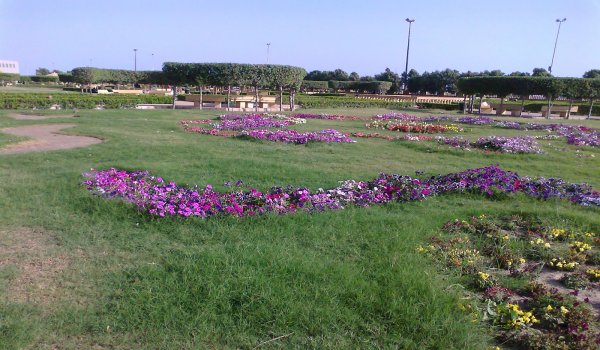Islamabad: The World Bank has pledged its full support to the Capital Development Authority (CDA) in addressing air pollution and smog-related challenges in Islamabad. This assurance was given during a meeting between CDA Chairman Muhammad Ali Randhawa and the World Bank’s Senior Disaster Risk Management Program Specialist, Lesley Y. Cordero, at the CDA Headquarters.
Senior CDA officials, including the Member Environment, attended the meeting, where key measures to improve Islamabad’s air quality were discussed. Chairman Randhawa emphasized the urgent need for a reliable Air Quality Index (AQI) to guide citizens and proposed various steps to mitigate smog before its seasonal peak.
Read: Electric buses, anti-smog machines: Islamabad eyes cleaner future
To curb vehicular pollution, the CDA has adopted a zero-tolerance policy against smoke-emitting vehicles, mandating fitness certificates for all vehicles operating in the capital. The introduction of electric buses was also highlighted as a major step toward providing eco-friendly transportation and reducing emissions.
The chairman further stressed the importance of strengthening collaboration with the World Bank, particularly in securing technical support for obtaining carbon credits. He also proposed establishing a Carbon Credit Cell within the CDA to streamline environmental initiatives.
In response, Lesley Y. Cordero assured the World Bank’s cooperation in enhancing Islamabad’s air quality. She expressed willingness to assist the CDA in developing short-term, medium-term, and long-term strategies for environmental improvement.
Read: Zero-tolerance policy on emissions: Capital’s smog strategy unveiled
Chairman Randhawa reiterated his commitment to leveraging the World Bank’s expertise to implement effective pollution control measures, ensuring a healthier and cleaner Islamabad.








